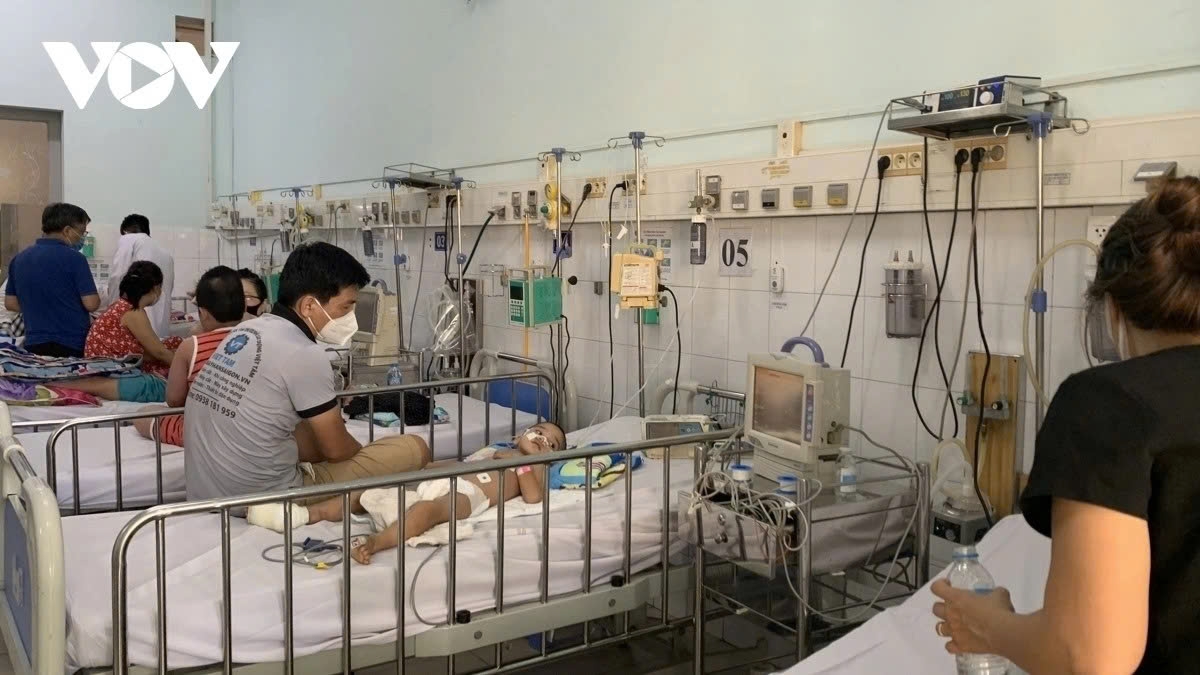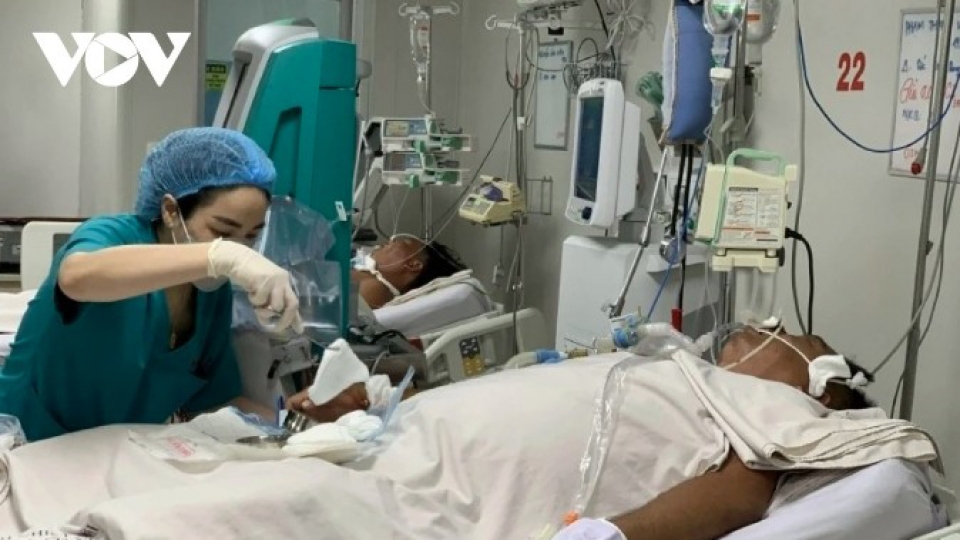Dengue remains complicated, with five fatalities reported nationwide
VOV.VN - Vietnam has recorded 22,974 dengue infections since the beginning of this year, with 5 deaths reported in Binh Duong, Binh Thuan, Ho Chi Minh City, Khanh Hoa, and Ninh Thuan, according to the Ministry of Health.

The disease remains complicated, especially in the context of the potential for overlapping outbreaks such as dengue, hand-foot-and-mouth disease, and COVID-19, which are all seeing increases in some areas.
The information was shared by health professionals at an online seminar held on June 14 in response to ASEAN Dengue Day (June 15).
Vo Hai Son, deputy director of the Department of Disease Control under the Ministry of Health, stated that dengue remains one of the most burdensome infectious diseases in Vietnam. Each year, the country records between 100,000 and 200,000 dengue cases.
Notably, he said, beyond the large number of annual cases, the disease has become increasingly unpredictable, as it now occurs year-round, across wide geographic areas, and poses serious complications, potentially even fatal, if not detected and treated promptly.
No single force can tackle the disease alone, meaning a synchronised and comprehensive approach is essential, he said, adding only when all relevant forces act proactively, cohesively, and consistently can dengue control strategies achieve long-term effectiveness.
Associate Professor Do Duy Cuong, director of the National Institute of Tropical Medicine at Bach Mai Hospital, noted that dengue patterns have changed significantly due to extreme weather conditions and urbanisation. However, he also expressed concern over the public’s complacency regarding the disease's severity.
He pointed out many believe that dengue is only dangerous when there is high fever or visible bleeding, and as a result, they delay medical check-ups and treatment. Some cases show no clear symptoms, and patients arrive at the hospital late, already in shock or multiple organ failure, which can lead to death. If detected and treated early, the disease is entirely curable.
Associate Professor Pham Quang Thai, deputy head of the Department of Infectious Disease Control at the National Institute of Hygiene and Epidemiology, suggested that in addition to the traditional “detection-response” approach, Vietnam need to shift toward a “forecast-prevention” model to keep pace with changes in the cycle and geographic spread of outbreaks.
Since epidemics no longer follow a fixed season and can erupt at any time of the year, investment in proactive surveillance systems, data analysis, and early warning mechanisms is crucial to ensure effective and sustainable epidemic control, he emphasised.
To reduce mortality and effectively control outbreaks, experts underlined the need for a comprehensive strategy, including vector control, epidemiological surveillance, early warning systems, and behavioural change communication, alongside strengthening the capacity of the healthcare system.




